New York to Permanently Allow Remote Notarization
By: Michael L. Moskowitz and Melissa A. Guseynov
 As practitioners are aware, notarization is required for numerous sworn statements and affidavits. This typically requires the person executing the document to physically appear before a notary public. However, with the onset of the Covid-19 pandemic, New York allowed remote notarization to take place on a limited and temporary basis. However, on December 22, 2021, Governor Kathy Hochul signed into law Senate Bill 1780C, which permanently provides for electronic notarization with the use of video technology, subject to certain restrictions. The law, which takes effect on June 20, 2022, aligns New York with a majority of states that permit remote notarization.
As practitioners are aware, notarization is required for numerous sworn statements and affidavits. This typically requires the person executing the document to physically appear before a notary public. However, with the onset of the Covid-19 pandemic, New York allowed remote notarization to take place on a limited and temporary basis. However, on December 22, 2021, Governor Kathy Hochul signed into law Senate Bill 1780C, which permanently provides for electronic notarization with the use of video technology, subject to certain restrictions. The law, which takes effect on June 20, 2022, aligns New York with a majority of states that permit remote notarization.



 A new rule proposed by the Consumer Financial Protection Bureau (“CFPB”), would create a new pre-eviction review period to grant millions of Americans more time to figure out payment options before Covid-19 federal mortgage protections expire at the end of June. A copy of the proposal can be found
A new rule proposed by the Consumer Financial Protection Bureau (“CFPB”), would create a new pre-eviction review period to grant millions of Americans more time to figure out payment options before Covid-19 federal mortgage protections expire at the end of June. A copy of the proposal can be found 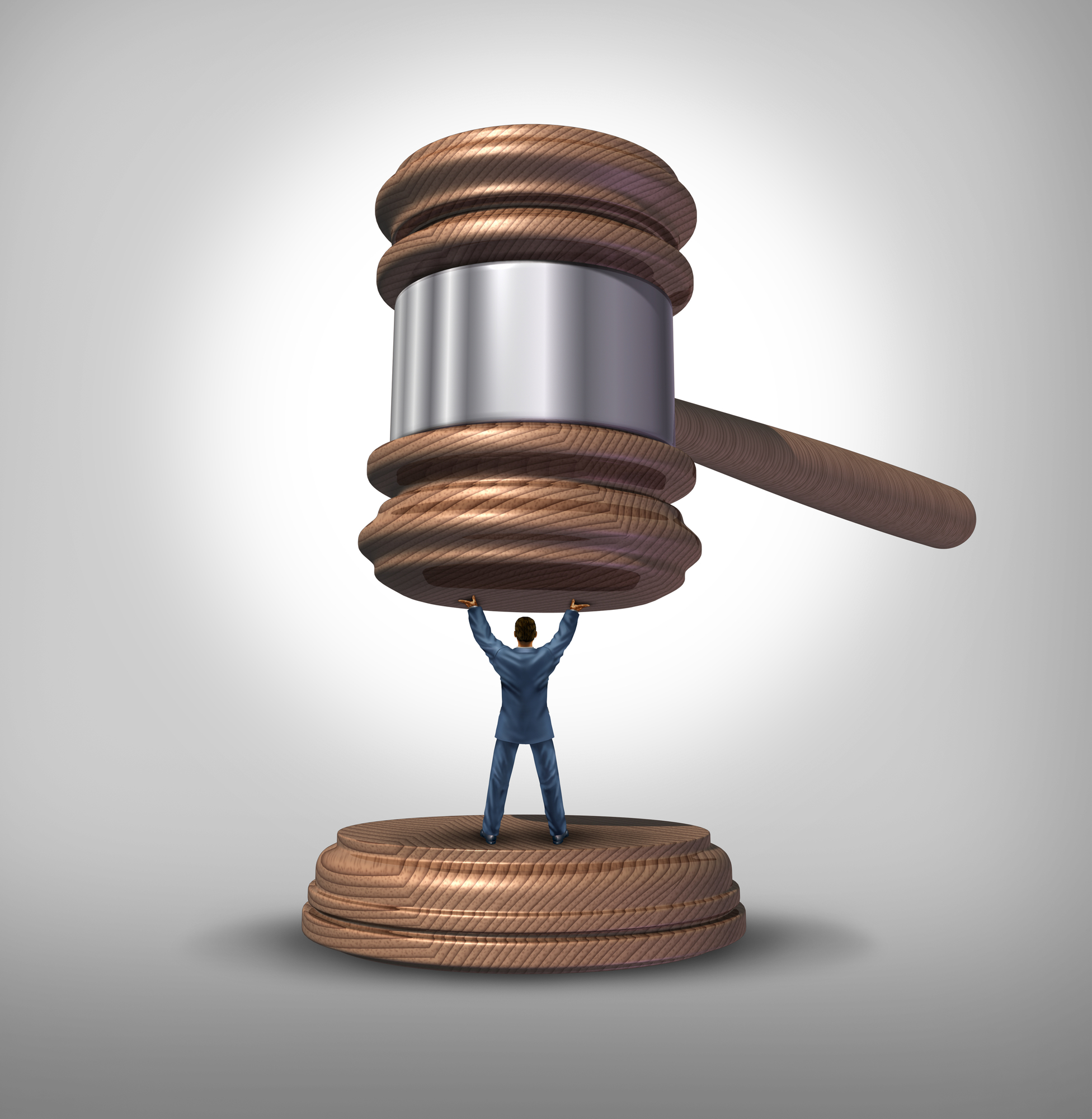 Creditors having significant claims against a bankruptcy debtor often face daunting challenges. Many general practitioners are simply not familiar enough with bankruptcy procedures. Liquidation and reorganization cases have materially different objectives, proceedings move quickly, claims deadlines are strictly observed, and bankruptcy statutes and rules typically favor debtors over creditors. When matrimonial disputes are added to the mix, the bankruptcy court is charged with balancing public policy—protecting the child and custodial parent and deferring to state family court expertise—with the interests of a financially troubled debtor seeking a fresh start. Despite the initial disadvantage, Creditor preparation, diligence and expert help can turn things around.
Creditors having significant claims against a bankruptcy debtor often face daunting challenges. Many general practitioners are simply not familiar enough with bankruptcy procedures. Liquidation and reorganization cases have materially different objectives, proceedings move quickly, claims deadlines are strictly observed, and bankruptcy statutes and rules typically favor debtors over creditors. When matrimonial disputes are added to the mix, the bankruptcy court is charged with balancing public policy—protecting the child and custodial parent and deferring to state family court expertise—with the interests of a financially troubled debtor seeking a fresh start. Despite the initial disadvantage, Creditor preparation, diligence and expert help can turn things around.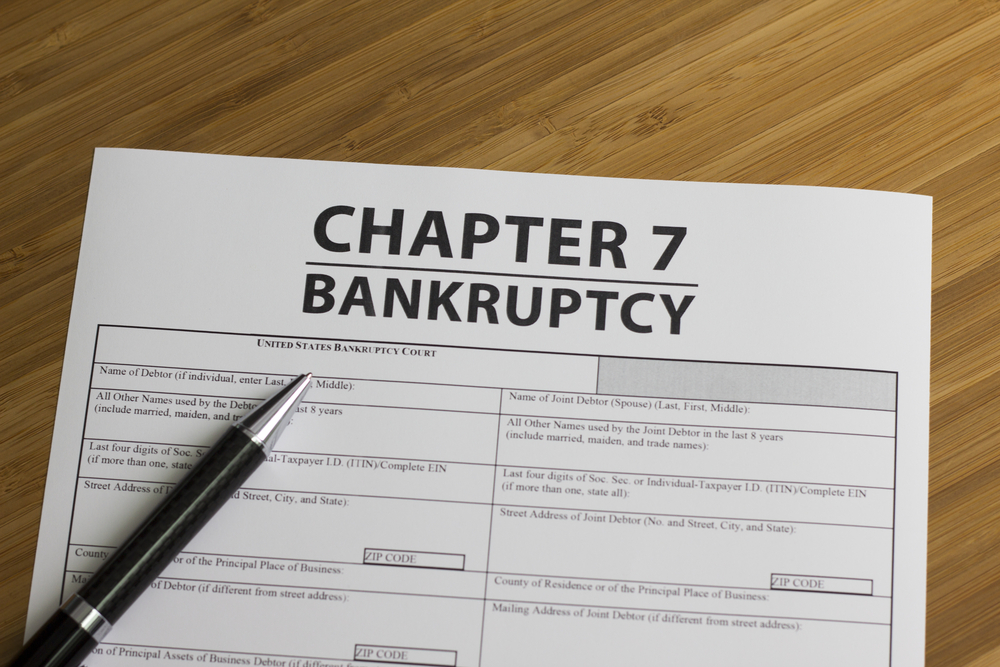 In a recent opinion of note, the Bankruptcy Court for the Eastern District of California sided with the majority of courts in holding section 362(c)(3)(A) of the Bankruptcy Code does not apply to property of a debtor’s estate. In re Thu Thi Dao, Case No. 20-20742 (Bankr. E.D. Cal. May 11, 2020). Read the full opinion
In a recent opinion of note, the Bankruptcy Court for the Eastern District of California sided with the majority of courts in holding section 362(c)(3)(A) of the Bankruptcy Code does not apply to property of a debtor’s estate. In re Thu Thi Dao, Case No. 20-20742 (Bankr. E.D. Cal. May 11, 2020). Read the full opinion 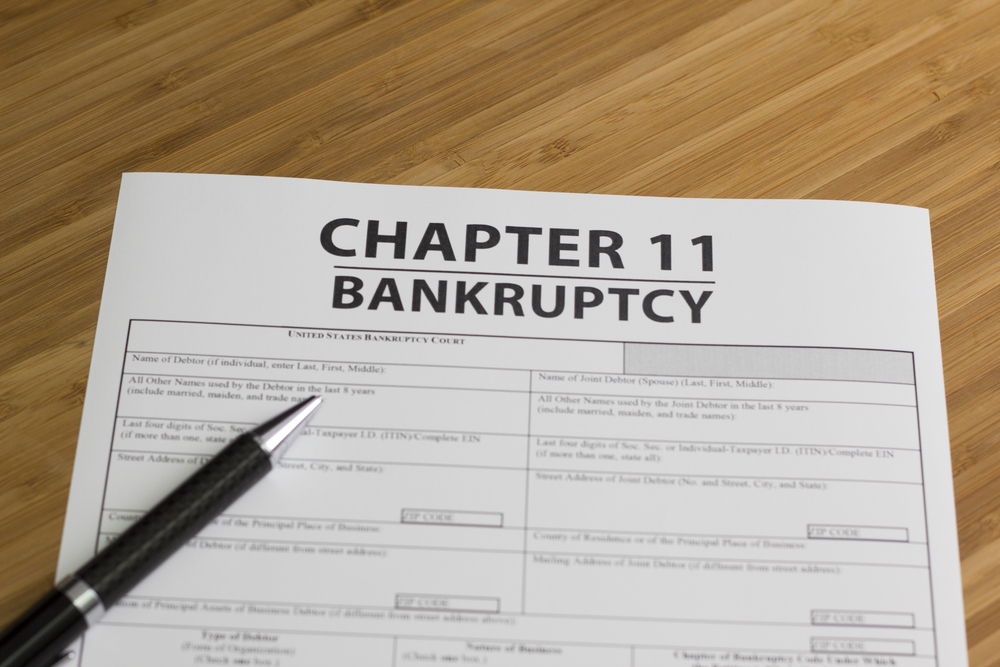 By: Michael L.
By: Michael L.


 By Michael L. Moskowitz and Melissa A. Guseynov
By Michael L. Moskowitz and Melissa A. Guseynov


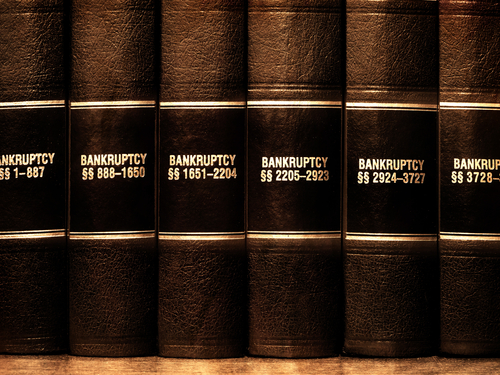
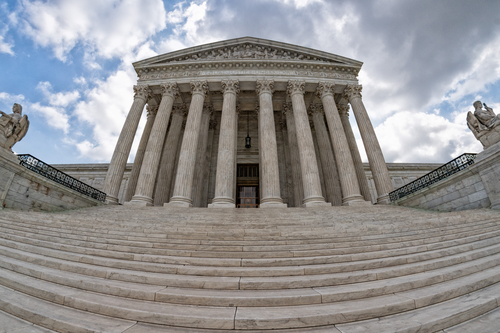

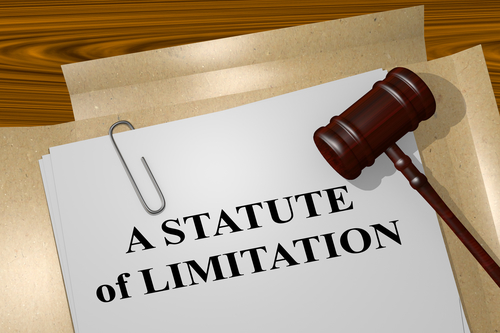


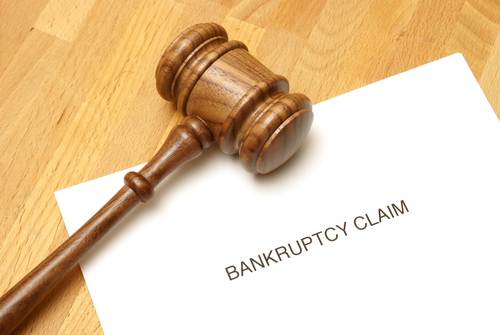
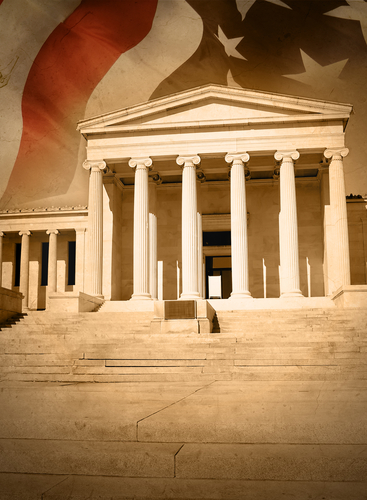
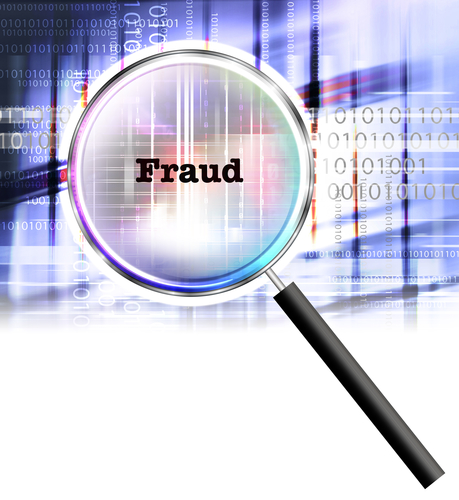







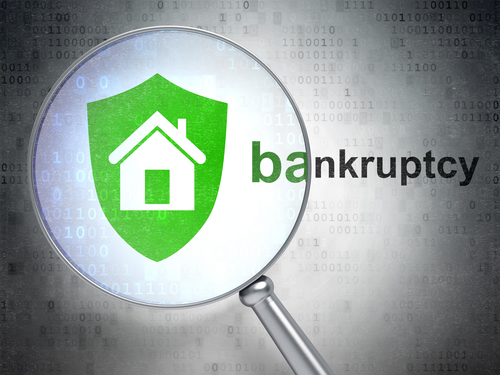



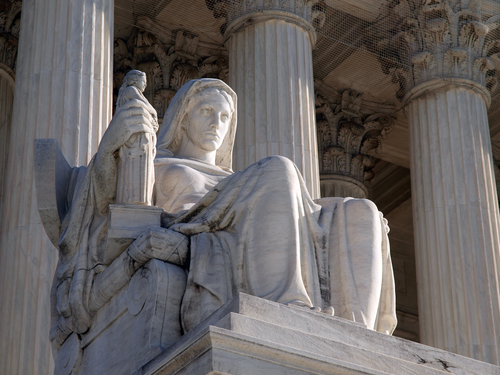


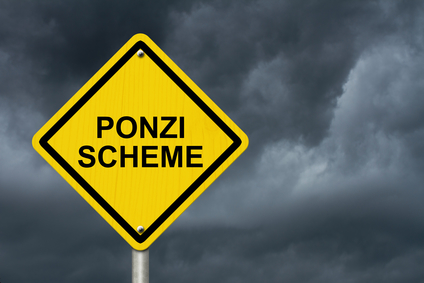






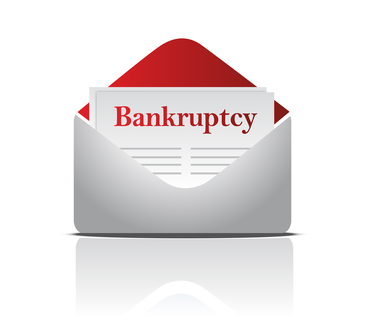
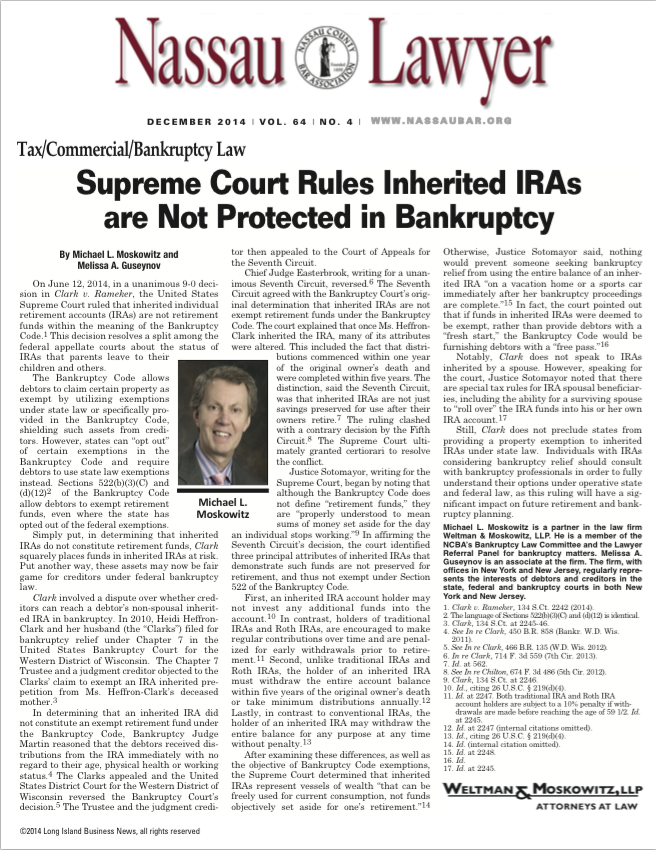


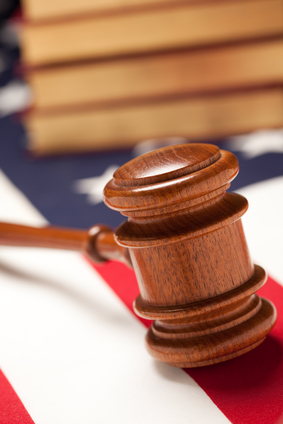

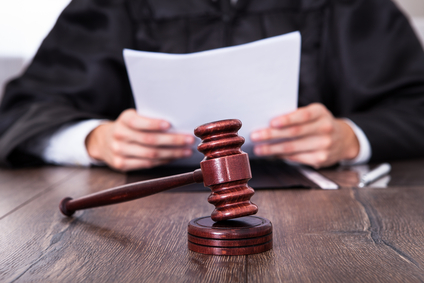

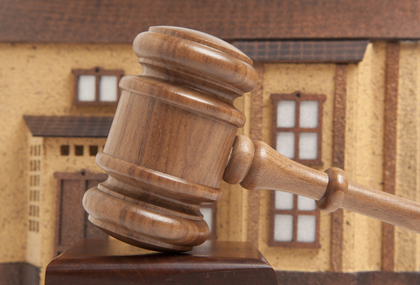 The United States Supreme Court recently denied a creditor’s petition for certiorari in an Eleventh Circuit case entitled Bank of America, N.A. v. David Lamar Sinkfield (No. 13-700). The issue concerns whether section 506(d) of the Bankruptcy Code allows a debtor to remove or strip-off a wholly unsecured—or “underwater”—mortgage lien in chapter 7 bankruptcy.
The United States Supreme Court recently denied a creditor’s petition for certiorari in an Eleventh Circuit case entitled Bank of America, N.A. v. David Lamar Sinkfield (No. 13-700). The issue concerns whether section 506(d) of the Bankruptcy Code allows a debtor to remove or strip-off a wholly unsecured—or “underwater”—mortgage lien in chapter 7 bankruptcy.



